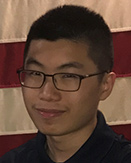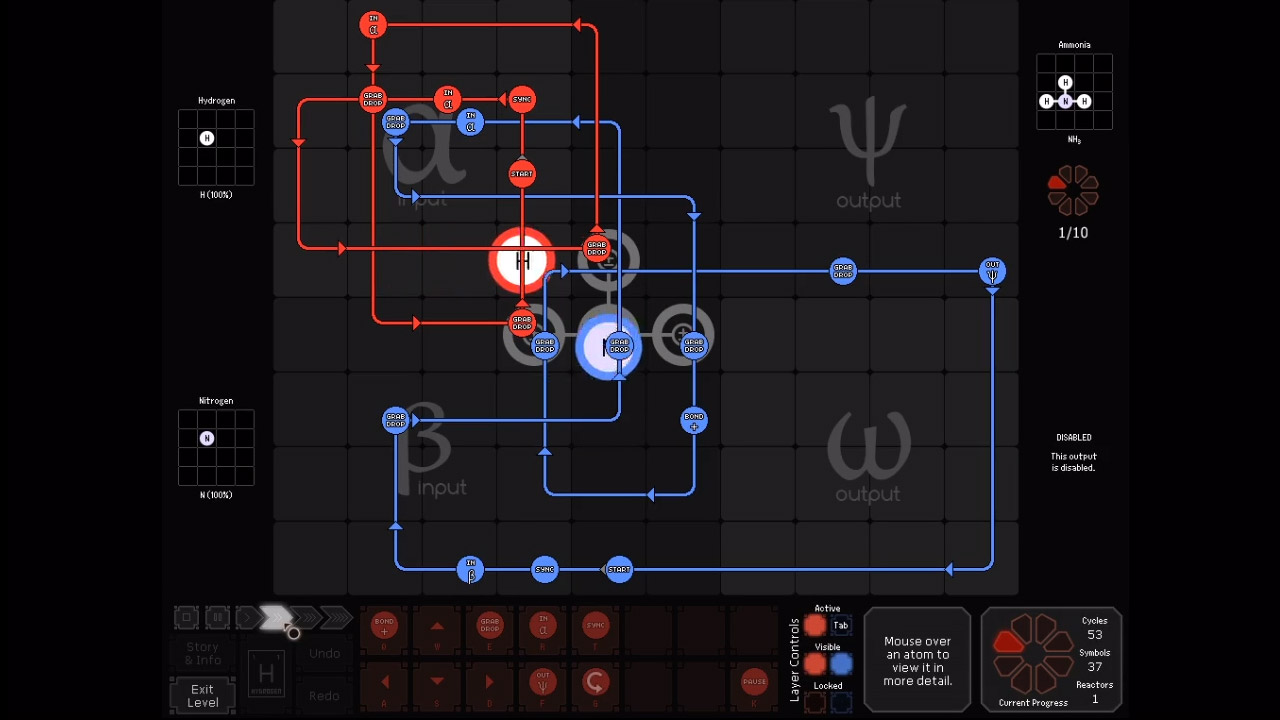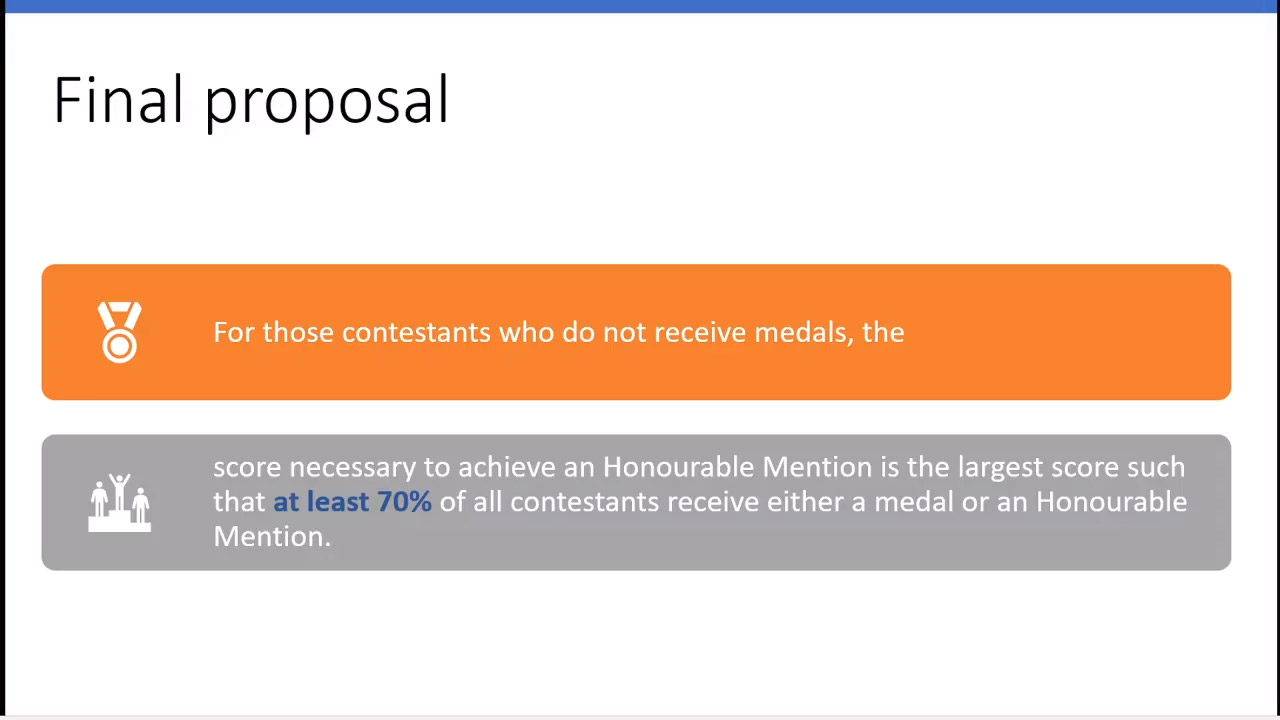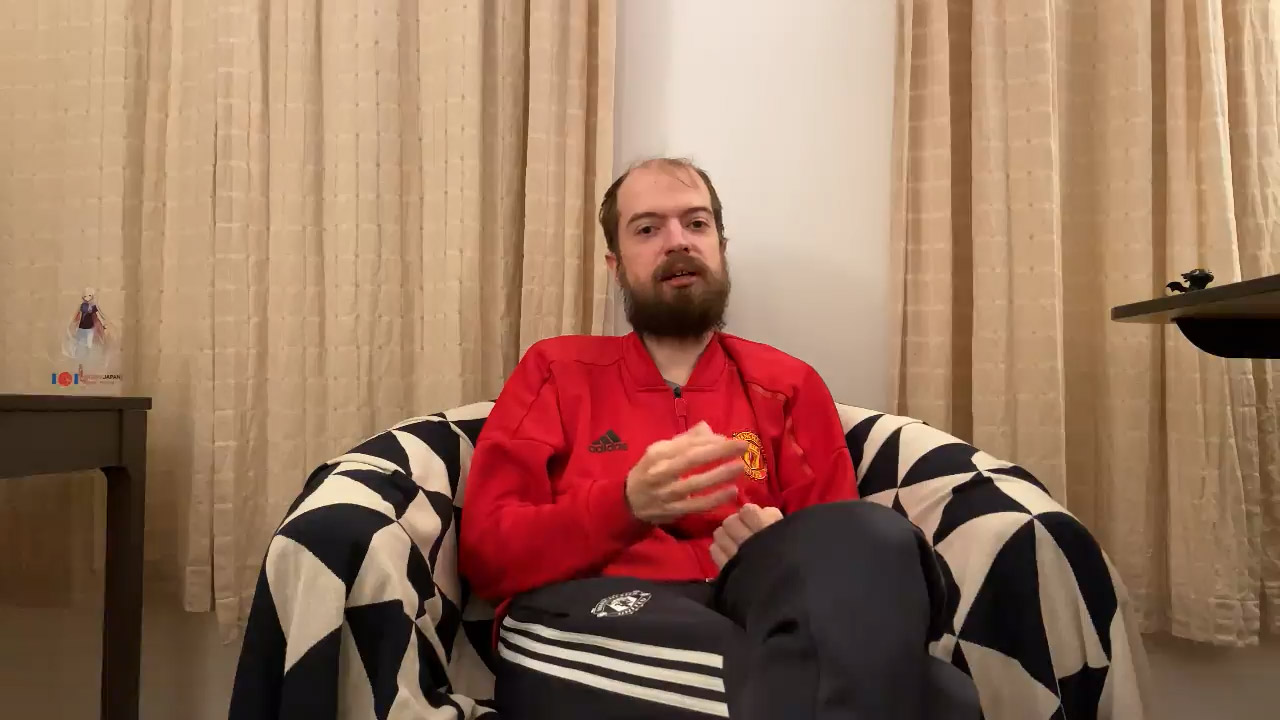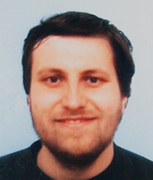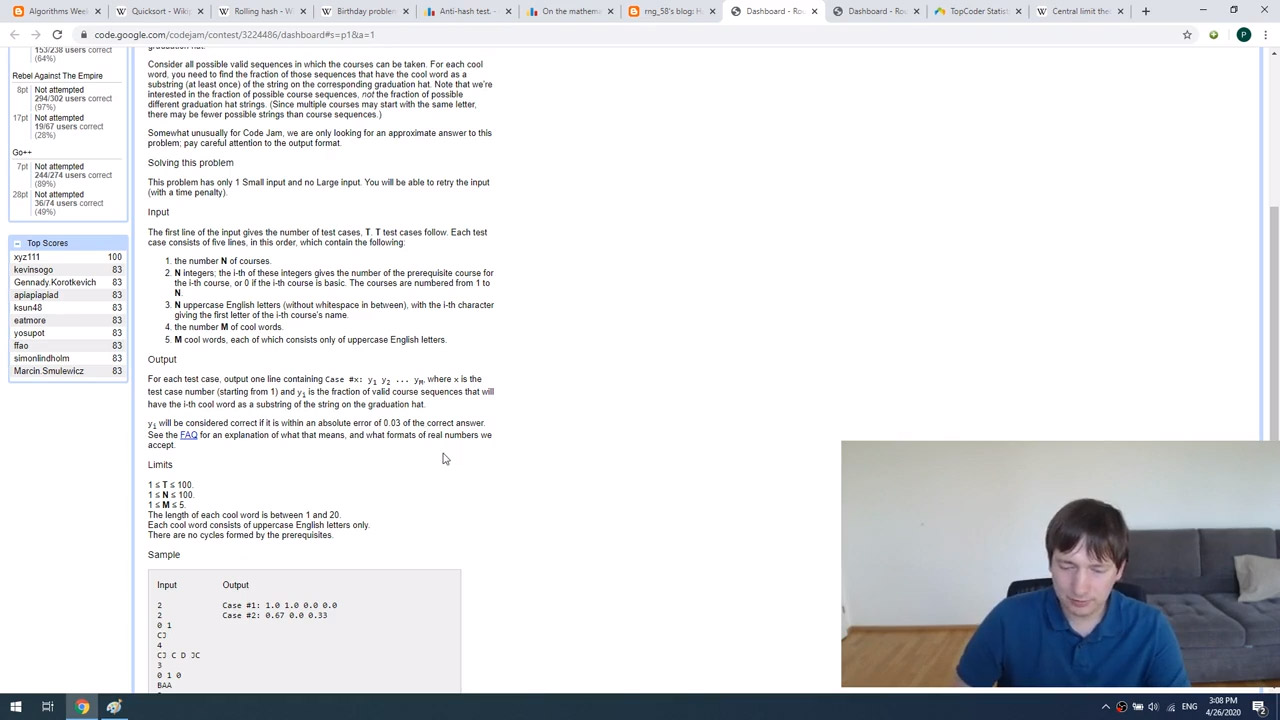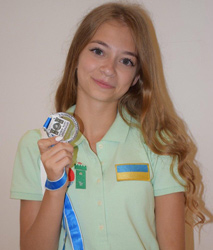IOI Talks #1
IOI Talks is a new initiative for the ioinformatics.org website, where we will occasionally organize virtual events and publish interviews and videos which could be of interest to the broader IOI community. The content will feature presentations, interviews, book recommendations and more. The main idea for this initiative is to keep the IOI community active outside the actual Olympiad, which is organised once per year.
In the first edition of IOI Talks, we feature interviews with the winner of IOI 2018 and 2019, the chair of the ITC, various discussions on topics such as introducing honourable mentions at the IOI, a booklet featuring solutions to past IOI problems, and a lot more.
Thank you for your interest in being part of this initiative. At the end of this page, you can leave feedback and comments.
Benjamin Qi
INTERVIEW
In this interview, we will talk with Benjamin Qi, the winner of IOI 2019 (which took place in Azerbaijan) and IOI 2018 (which took place in Japan).
Among other topics, we will talk about how the IOI team is selected in the USA, what platforms Benjamin uses to prepare for competitions in informatics, and various other topics related to the IOI and competitive programming in general.
Tomasz Idziaszek - Booklet with solutions of past IOI problems
VIDEO
Tomasz Idziaszek is involved with the competitive programming community since 2002, first as a participant in programming contests, and next as an organizer of such events. In the following video, Tomasz will describe the IOI 2018 booklet with information on all six problems from IOI 2018 - containing detailed solutions and source code; in addition to discussing the task Mechanical Doll. This booklet is incredibly useful, as most reviews and official solutions to IOI problems are quite sketchy and don't contain any source code.
The project was partially funded by the IOI, as it was selected in the recent "Call for projects" officially published on the IOI website. The actual booklet can be found here: https://ioinformatics.org/files/booklet-ioi2018.pdf
Mile Jovanov - Honourable mentions at the IOI
VIDEO
Mile Jovanov is the president of the Computer Society of Macedonia, and member of the IOI IC Committee since 2014. In his presentation, Mile will talk about Honourable mentions at the IOI, something which doesn't require a lot of introduction since most other Olympiads already have Honourable mentions (in addition to medals) for years now.
A couple of months ago, this idea was also circulated on the official IOI mailing list: "Following a large group discussion amongst team leaders during last year's Olympiad, the International Committee has voted to introduce Honourable Mentions at future IOIs, beginning with IOI 2020 in Singapore." Watch the video to learn more.
Eduard Kalinicenko - IOI and Statistics
VIDEO
Eduard Kalinicenko is a member of the International Committee of the IOI, and creator of IOI statistics - a useful resource for the entire IOI community offering information on countries, past participants, IOI problems, and more. The actual application can be found here: http://stats.ioinformatics.org/
In the video, Eduard talks about his experience with the International Olympiad in Informatics, offers advice to future IOI participants and talks about how IOI Statistics was created and why.
Martin Mares
INTERVIEW
Martin Mares is the chair of the International Technical Committee, which oversees the technical side of the IOI: program development tools, evaluation software, hardware, networks and their security.
Martin is also a three time gold medal winner at the International Olympiad in Informatics, and a former team leader for the Czech Republic. Some of the topics that will be discussed in the interview will include the work of the ITC, contest systems, and his experience as a former competitive programmer.
Petr Mitrichev - Random Problems
VIDEO
Petr Mitrichev is one of the best competitive programmers in the world, who has won multiple awards at several international competitions. In the video, Petr will talk about having problems with randomized solutions in programming competitions, and what can go wrong?
Although these kinds of problems aren't popular at the IOI and are marked as out of focus according to the IOI syllabus, this topic is certainly interesting for all competitors who participate and/or plan to participate at other competitions, as well as other members of the IOI community who prepare problems for their school, regional and national competitions.
Sofiia Melnyk
INTERVIEW
In this interview, we will talk with Sofiia Melnyk, a competitive programmer from Ukraine and a two-time silver medalist at the International Olympiad in Informatics.
Apart from discussing her experience with the IOI, we will chat about how the IOI team is selected in Ukraine, and what it takes to be successful at programming competitions.
How would you rate this event (note that you can also leave a comment after selecting one of the stars)?
